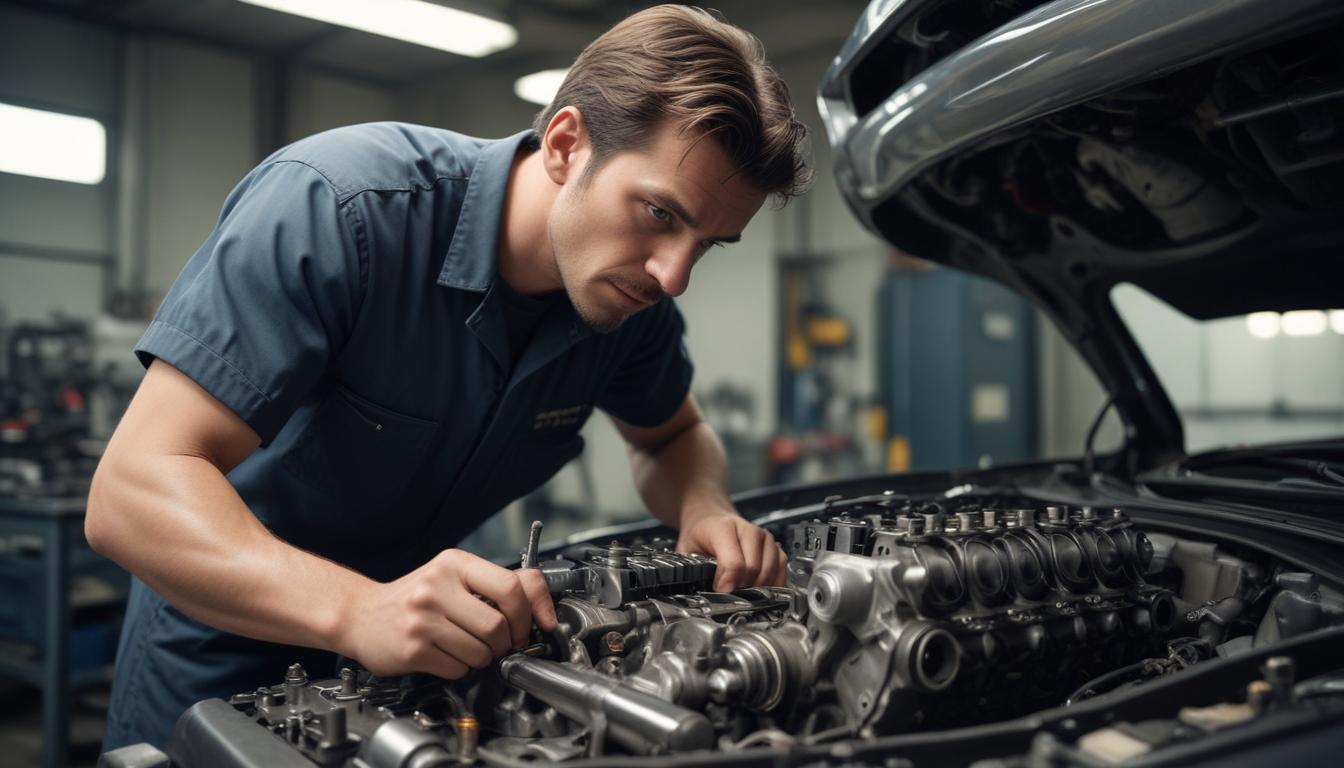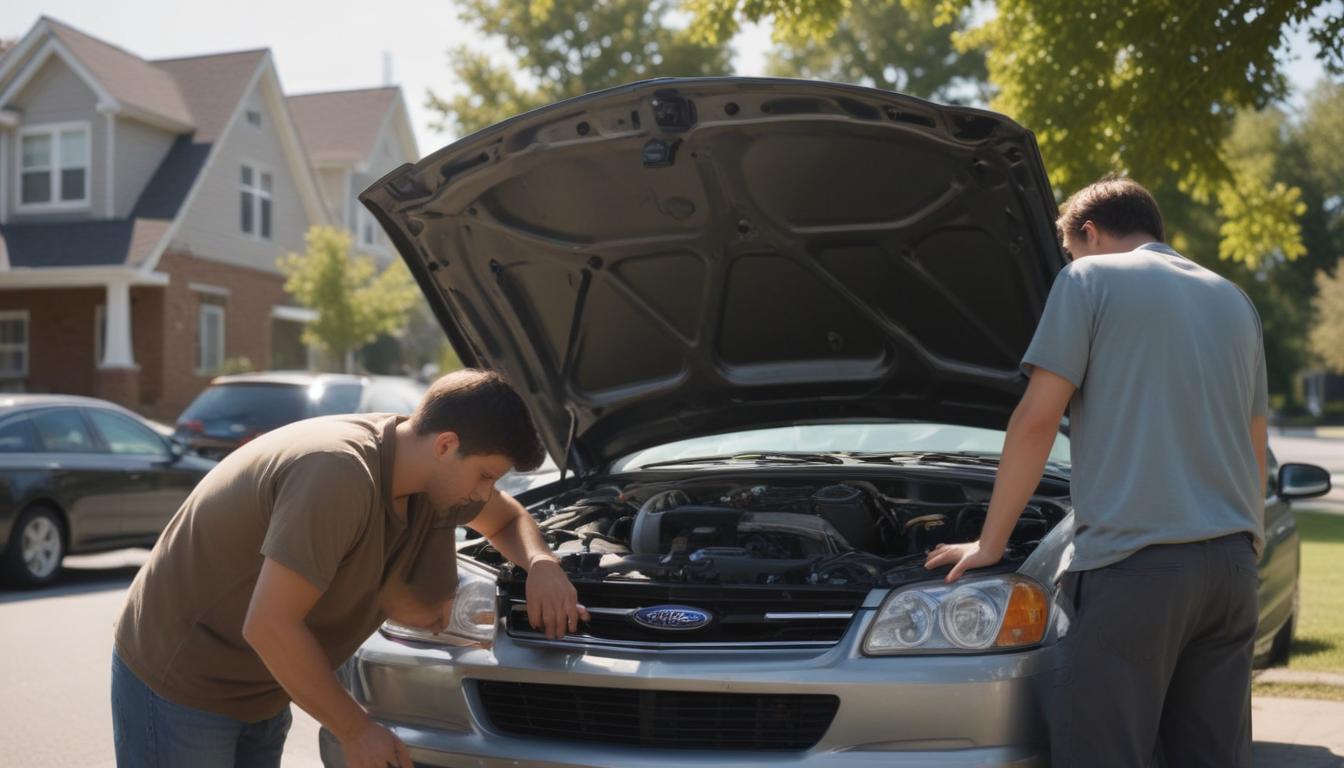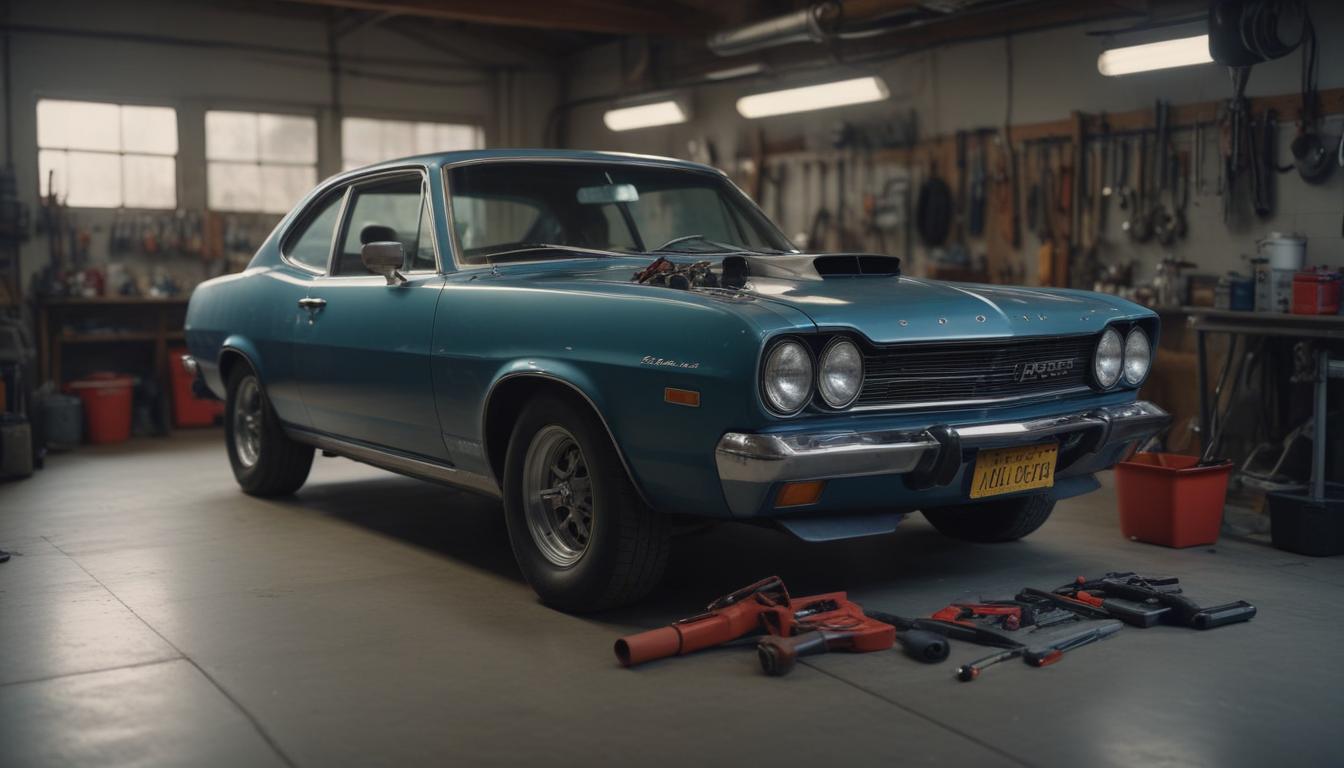Introduction
Have you ever turned up the radio just to drown out an odd sound your car was making? It’s a common response, but those sounds might be trying to tell you something important. Your car is like a symphony of moving parts, and sometimes, it plays out of tune. Join us as we uncover what these surprising car noises mean and how decoding them early can save you from costly repairs or unexpected breakdowns. Stay tuned till the end for tips on protecting your wallet—and your car.
What Your Car’s Noises Are Trying to Tell You
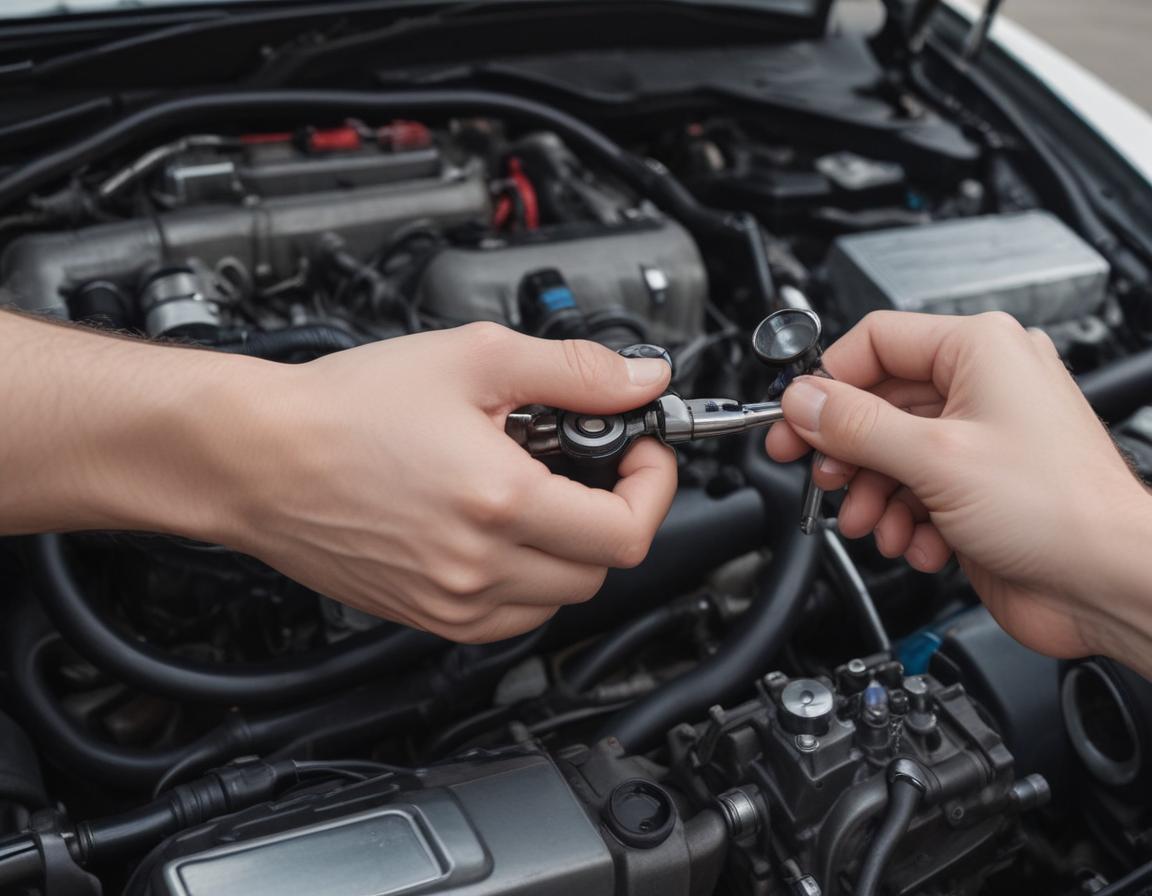
Every car owner has encountered an odd noise at some point, whether it’s a sudden rattle, an annoying squeak, or a grinding sound that dents your confidence. These sounds are far from random—they’re signals from your car’s internal systems, warning of impending issues.
For instance:
- Engine knocking: A pinging sound that is often caused by poor-quality fuel or low oil levels. Left unchecked, this may escalate to severe engine damage.
- Squeaky or grinding brakes: Typically a sign of worn-out brake pads or damaged rotors, which directly compromise your safety on the road.
- Sputtering engine: Often a result of fuel mismanagement, this can leave you stranded if ignored.
The noises might seem trivial, but diagnosing them promptly can save you a lot of money and provide peace of mind when you’re behind the wheel.
How Neglecting Noises Can Be Costly
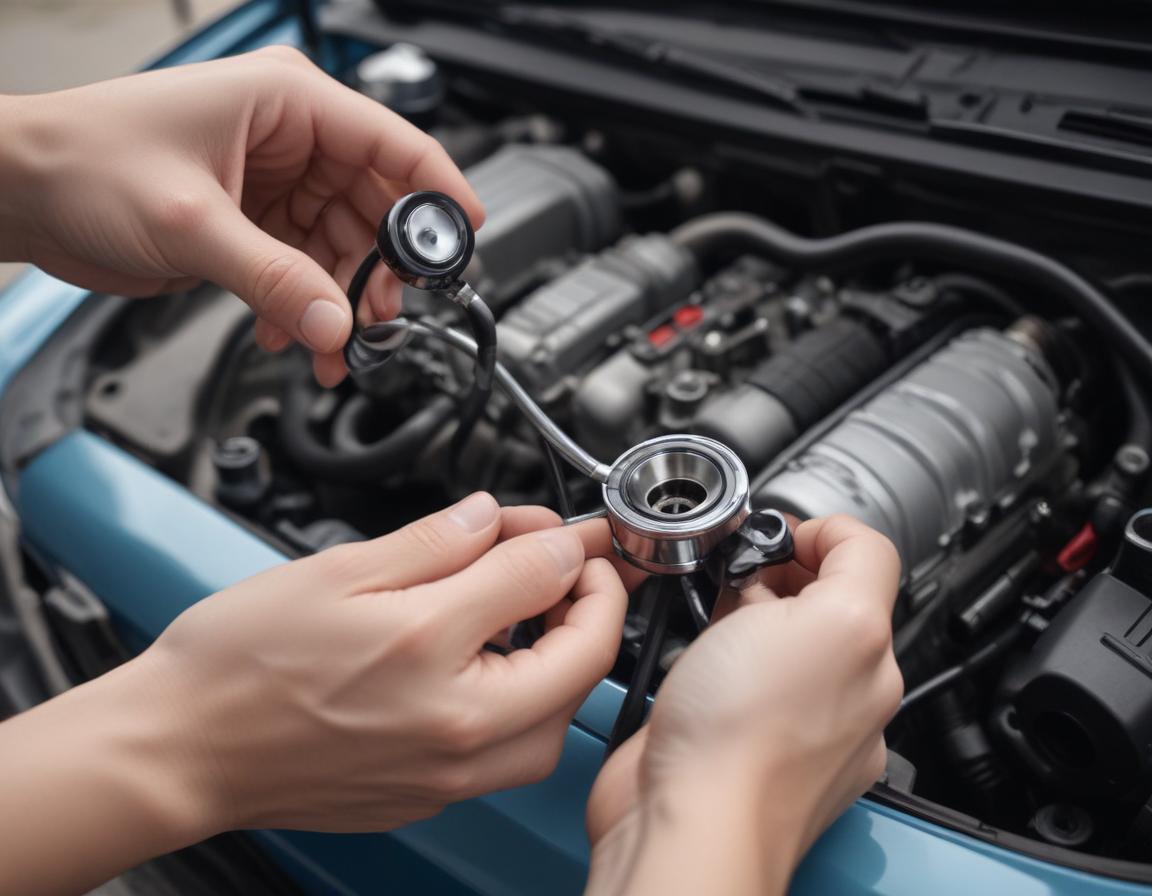
Failing to address those odd car noises isn’t just risky—it can be downright expensive. Persistent sounds are often your car’s way of waving a red flag, warning you about impending mechanical issues.
For example:
- Clicking noises when turning: A major indicator of CV joint issues, which, if left unchecked, can result in loss of control while driving.
- Repetitive thumping: Likely caused by underinflated or damaged tires. This can harm fuel efficiency and increase the risk of tire blowouts.
By ignoring these early warnings, you risk encountering breakdowns, costly repairs, or even accidents. Acting quickly turns these noises into helpful reminders instead of expensive surprises.
Simple Maintenance for Big Benefits
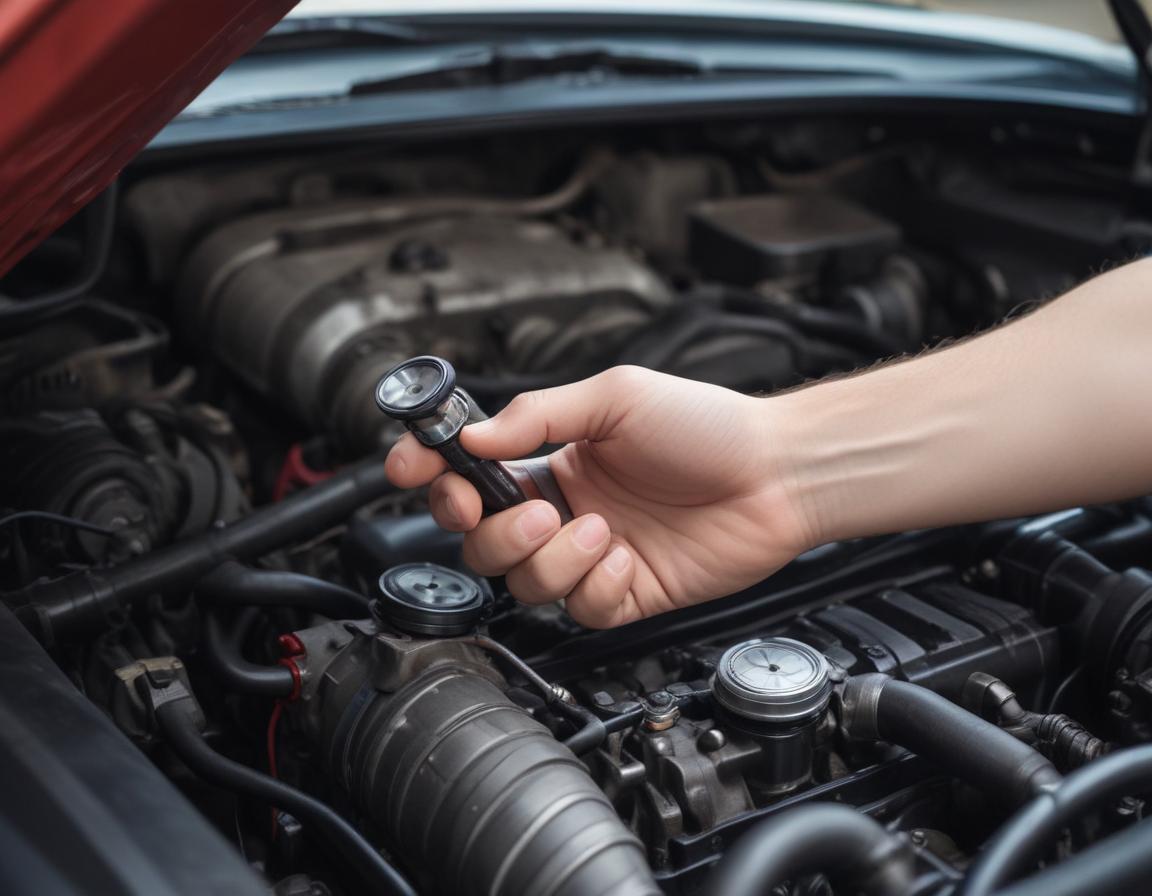
Loud, unpleasant car noises can often be avoided altogether by keeping up with basic car maintenance. Simple actions like routinely checking key components can save you from unexpected disruptions.
Key maintenance tips include:
- Regularly checking and replacing worn brake pads, air filters, and other components.
- Maintaining tire pressure, oil levels, and coolant to ensure smooth engine operation.
- Scheduling routine inspections every 6,000 to 10,000 miles to catch issues early.
Though it may seem like extra effort now, staying on top of small checks prevents major repairs and safety risks down the road. Plus, it can save you significant money in the long run!
Tech to the Rescue: Diagnosing Noises Simplified
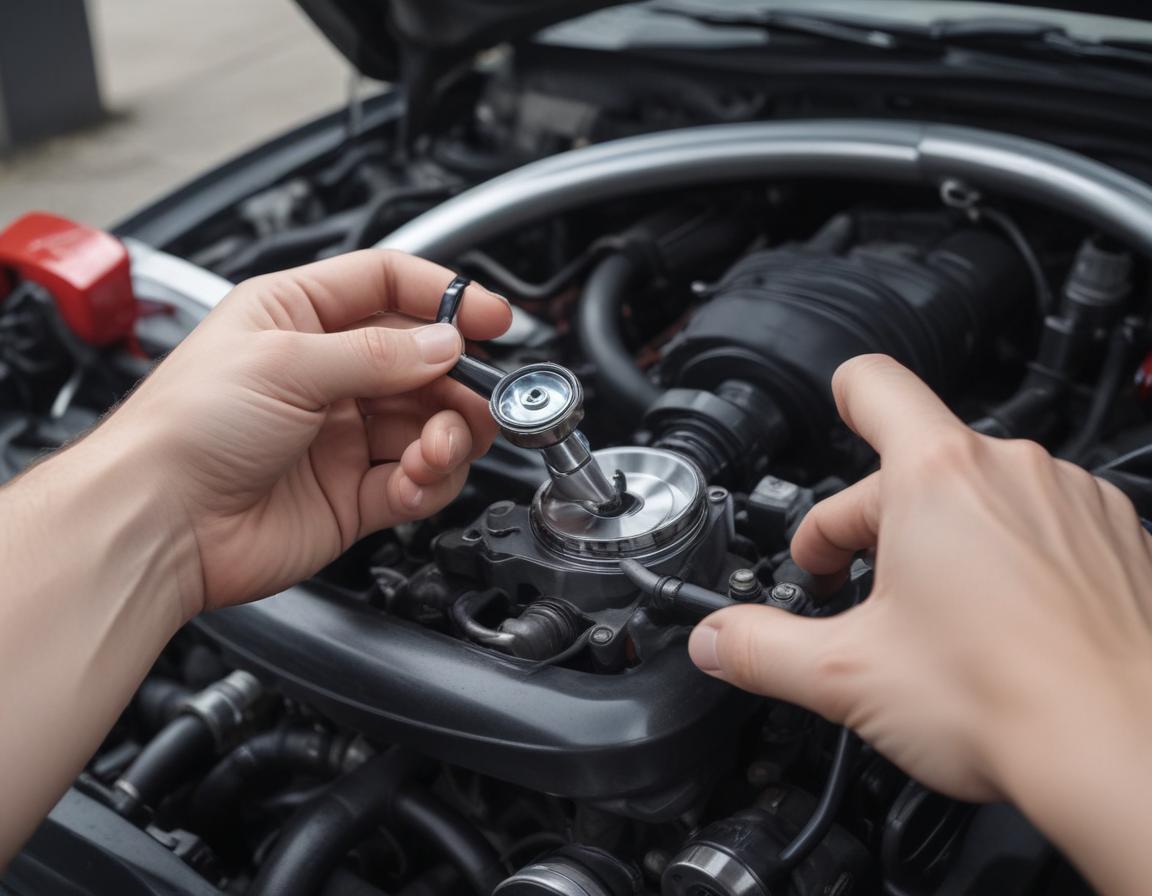
Diagnosing mysterious car noises has never been easier, thanks to modern technology. Smartphone apps, onboard diagnostic systems, and other tools remove much of the guesswork from car maintenance.
Some newer vehicles even come with real-time diagnostic features that notify you of small issues—sometimes before you even hear them. Imagine your dashboard pointing out low-quality fuel or signaling low oil levels as soon as you hear a faint knocking sound.
These features empower even non-expert car owners to manage their vehicles’ health. DIY troubleshooting has never been more accessible, making it easier to tackle small problems before they spiral into larger ones.
The Importance of Professional Inspections
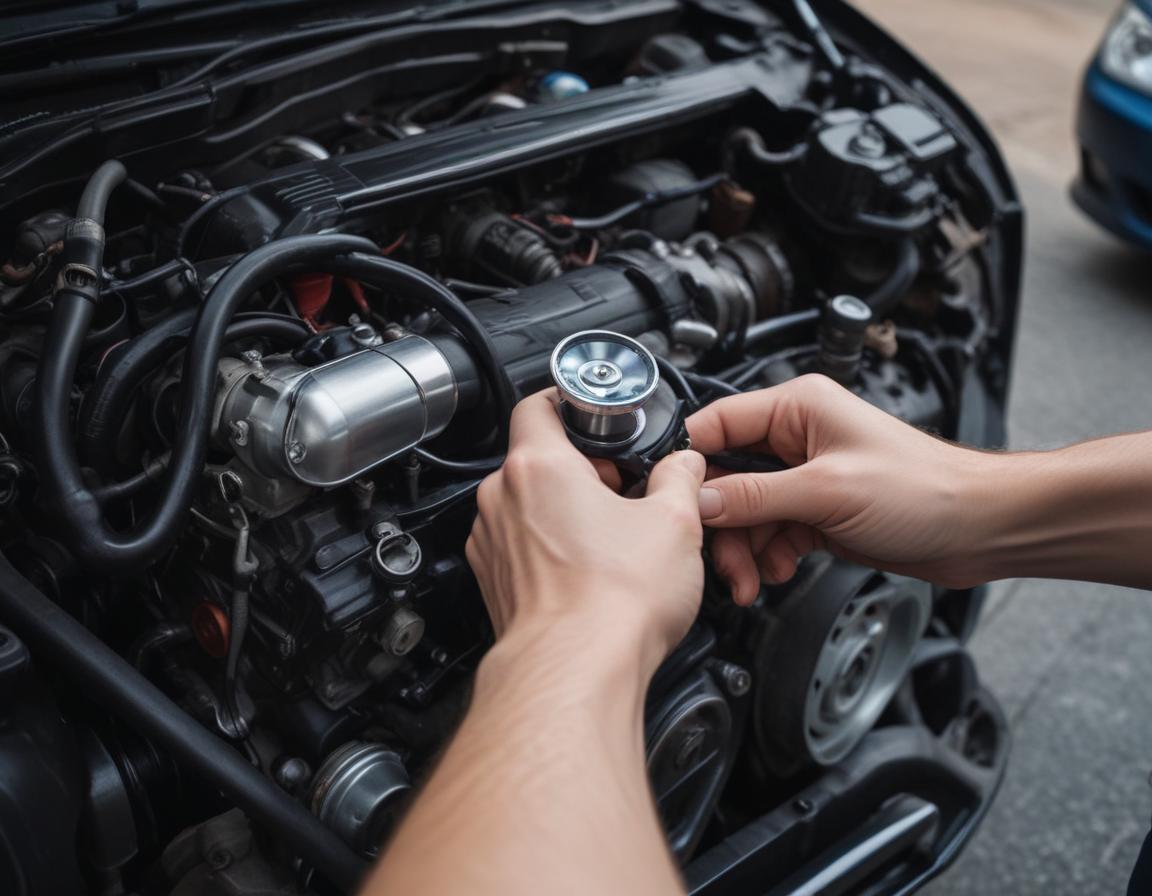
While diagnostic tools and apps can be incredibly helpful, some problems require a professional’s expertise. Complex issues—especially those linked to the transmission or wheel bearings—often demand specialized equipment and experience to resolve properly.
Regular inspections by a trusted mechanic can:
- Reveal underlying issues that diagnostic tools might miss.
- Boost your vehicle’s lifespan by maintaining its overall health.
- Provide peace of mind, knowing potential hazards have been addressed.
A knowledgeable mechanic is your best ally when it comes to preempting breakdowns—ensuring your car serves you reliably for years to come.
Conclusion: Tune-In, Stay Safe
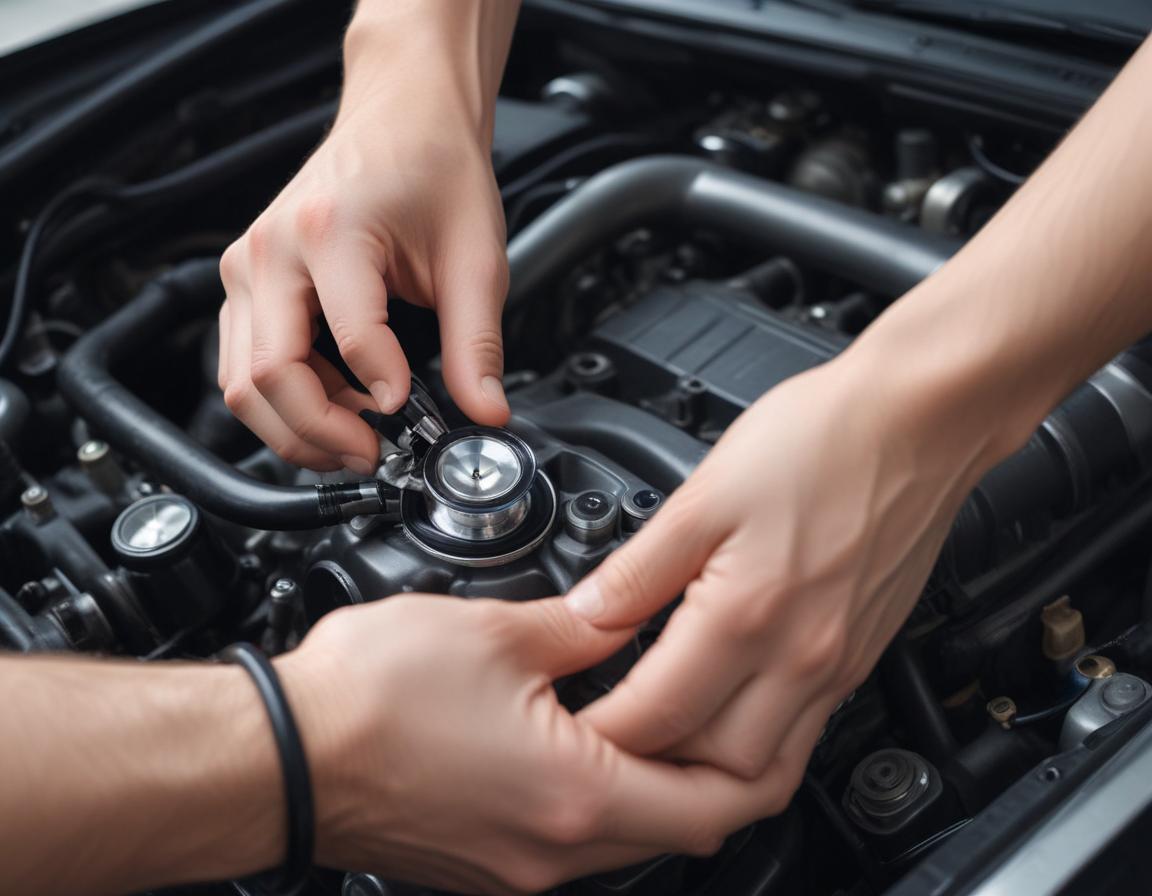
And there you have it! The next time your car starts talking through squeals, knocks, or clicks, listen closely before it’s too late. Identifying these sounds can improve your safety, save you money, and keep you cruising smoothly. If something sounds off, don’t wait—schedule a professional inspection today. Let’s make sure your car’s journey always stays harmonious.

